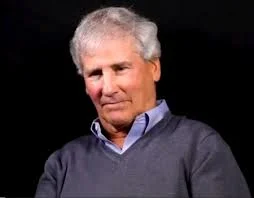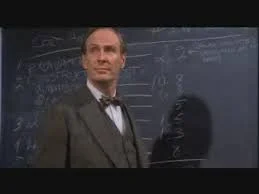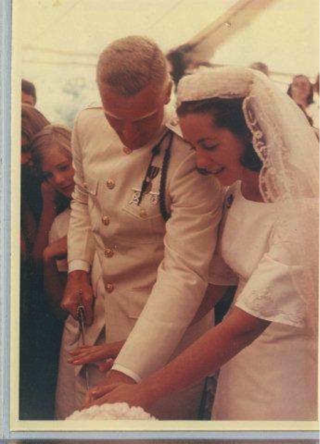This is part of my Series on Mentorship.
It occurred to me that no series on mentorship would be worth much if I didn't make mention of the various forms of bad or faux mentorship I've seen out there. In fact, from what I've observed over the years, the worst advice is actually well-intentioned.
In a startup context, bad advice is particularly devastating and can actually kill you before you even get started.
So here's a list of some stuff that amounts to "mentorship-gone-wrong":
The "Mentor" Has No Concept of what Mentorship Actually Means:
An entrepreneur I know once told me he was having some "issues" with a team member. He told me he'd tried to "mentor" him and it "wasn't working". I checked into the situation- basically he'd had a few phone conversations with the other guy amounting to a cross between a beration and a pep-talk. This is so far from mentorship it's almost comical. Nevertheless, the profundity of his lack of understanding of what basic mentorship involves was stunning.
The "Mentor" Has Zero Experience or Understanding of the Startup World:
Often I see fledgling entrepreneurs seek out advice from well-intentioned people who are not in the startup world but have been successful (or perhaps not) elsewhere, (ie. lawyers, bankers, executives, accountants, etc.) Inevitably these folks always feel as though they have a lot to share. Rarely do such folks say: "you really ought to talk to someone in the startup world who knows what they're talking about". These interactions often lead to the worst and most damaging advice I see. They often, for example, make introductions to people they think are "venture capitalists" who are usually unscrupulous broker-dealers. With one single careless introduction they can ruin an unsuspecting person's entrepreneurial life.
The Delicate Category of Certain Lawyers who Fancy Themselves to be Mentors
This one's a delicate issue because there are definitely a couple of individuals out there in the startup world who make great mentors and also happen to be lawyers. But make no mistake, this is the overwhelming exception rather than the rule.
If you're an entrepreneur you really should be mentored by an entrepreneur, not by someone billing you by the hour.
In fact, I see loads of easily resolvable transactions destroyed by lawyers who try to insert themselves way too aggressively on the business-side of issues and get into their clients' heads in a big way, especially those clients are new to entrepreneurship.
Nature (and lawyers) abhor a vaccum.
Remember, you are the entrepreneur- you make the deals happen- the lawyer you pay alerts you to legitmate issues and papers the deal. That's how it should work.
That's it for now.
For the Next Post in this Series on Mentorship click here











